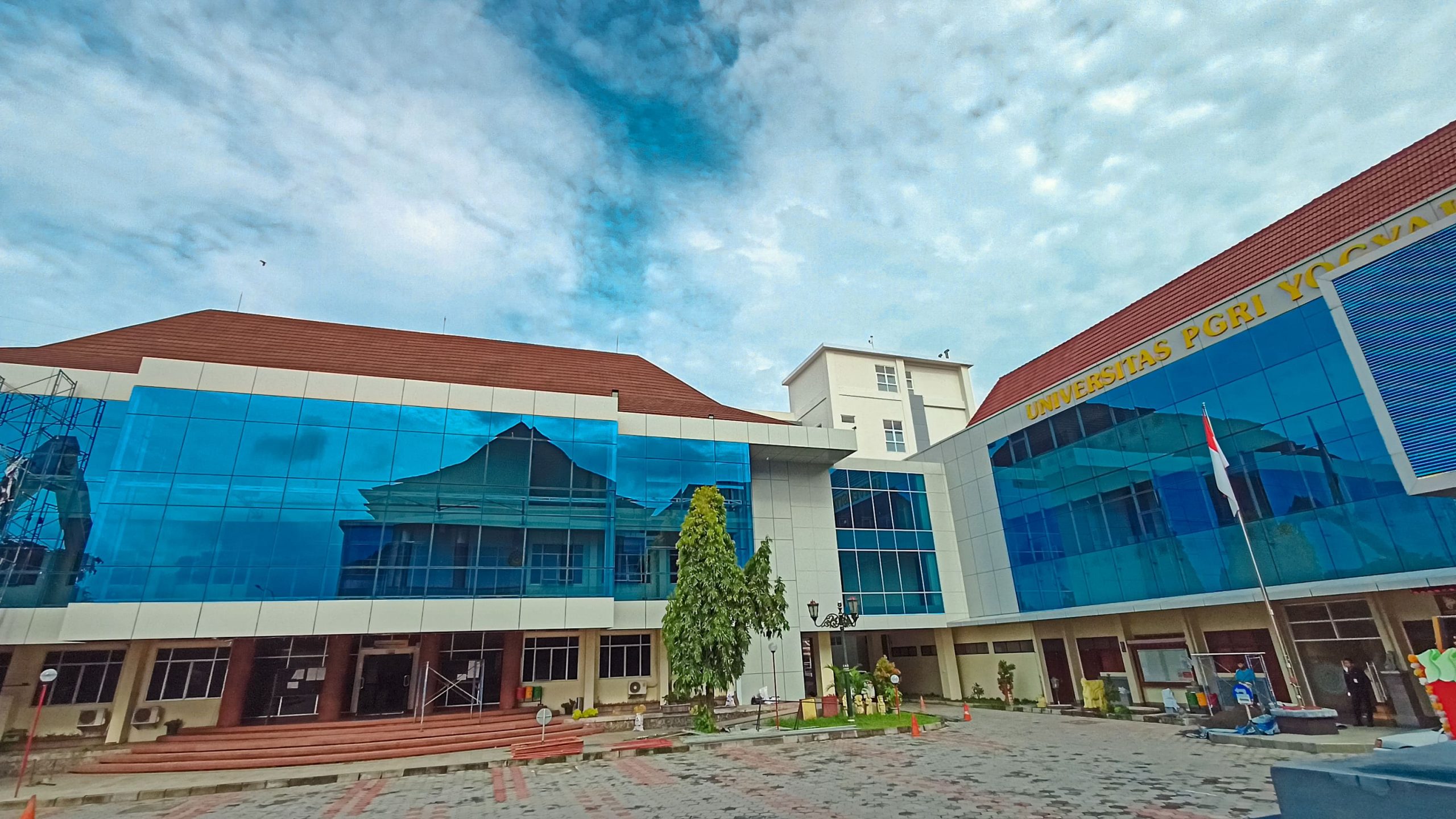Background

Technology has had a huge impact on education and social dynamics around the world. Since the introduction of information and communication technologies (ICTs), such as the internet, smartphones and social media, much has changed in the way we learn and interact with others.
In education, technology has enabled students and teachers to access more diverse and engaging educational resources. With internet access, students and teachers can access educational resources from all over the world and learn about various topics and disciplines. In addition, technology also enables distance learning, which allows students and teachers to connect from different locations.
However, there are also negative impacts of using technology in education. For example, excessive use of social media and the internet can cause concentration disorders and addiction in students. In addition, too much reliance on technology can also reduce students’ ability to think critically and solve problems independently.
In social dynamics, technology has allowed us to connect with people from all over the world and paved the way for greater collaboration and cultural exchange. However, technology has also brought negative impacts on social dynamics, such as the spread of fake news or hoaxes, cyberbullying, and social media addiction. In this regard, technology can be a very useful tool if used wisely and with proper understanding of its impact.
Therefore, to support this, Universitas PGRI Yogyakarta will hold an international conference and Call for Papers The 2nd UPY International Conference on Education and Social Science (UPINCESS) “The Impact of Technology on Education and Social Dynamics” on September 27, 2023. The conference aims to discuss in depth about the impact of technology on education and social dynamics, as well as finding appropriate solutions and strategies to minimize its negative impact and maximize its benefits. Experts, researchers, and practitioners in the field of education and technology from around the world can share their knowledge and experience in this conference, and can encourage collaboration and innovation in this field.
Purpose
Target
- Lecturers
- Researchers
- Students
- Practitioners and Global citizens
Register Now
UPY International Conference on Education and Social Science
Reviewers
| 1 | Prof. Hamdan Said (Universitas Teknologi Malaysia) |
| 2 | Prof. Nattavud Pimpam (RMIT University Melbourne, Australia) |
| 3 | Prof. Aminuddin Hassan, B.Sc., M.Sc., Ph.D (University Putra Malaysia) |
| 4 | Dr. Ratna Wardani, M.T. (Universitas Negeri Yogyakarta, Indonesia) |
| 5 | Dr. Dekeng Setyo Budiarto, M.Si.Ak, CA (Universitas PGRI Yogyakarta) |
| 6 | Dr. Setyo Eko Atmojo, M.Pd (Universitas PGRI Yogyakarta, Indonesia) |
| 7 | Dr. Niken Wahyu Utami, M.Pd (Universitas PGRI Yogyakarta, Indonesia) |
| 8 | Dr. Erik Aditia Ismaya, S.Pd., M.A (Universitas Muria Kudus, Indonesia) |
| 9 | Dr. Pudjo Suharso, M.Si (Universitas Negeri Jember, Indonesia) |
| 10 | Dr. Didi Susanto, M.Pd, M.Kom (Universitas Islam Kalimantan, Indonesia) |
| 11 | Dr. M. Noorazalan Abd Aziz (Universiti Pendidikan Sultan Idris, Malaysia) |
Committee
| Steering Committee | |
|---|---|
| 1 | Dr. Septian Aji Permana, M.Pd (Universitas PGRI Yogyakarta, Indonesia) |
| 2 | Sukhemi, M.Sc (Universitas PGRI Yogyakarta, Indonesia) |
| Editor in Chief | |
| 1 | Ari Kusuma Wardana, S.T., M.Cs (Universitas PGRI Yogyakarta, Indonesia) |
| Official Committee | |
| 1 | Bintang Wicaksono, M.Pd (Universitas PGRI Yogyakarta, Indonesia) |
| 2 | Juang Kurniawan S, S.Pd., M.Pd.B.I (Universitas PGRI Yogyakarta, Indonesia) |
| Editorial Board | |
| 1 | Prof. Dr. Wasino, M.Pd (Universitas Negeri Semarang, Indonesia) |
| 2 | Prof. Dr. Dewi Lies Noor S, M.Si (Universitas Negeri Semarang, Indonesia) |
| 3 | Prof. Hamdan Said (Universiti Teknologi Malaysia, Malaysia) |
| 4 | Prof. Nattavud Pimpam (RMIT University Melbourne, Australia) |
| 5 | Prof. Aminuddin Hassan, B.Sc, M.Sc, Ph.D (University Putra Malaysia) |
| 6 | Dr. David Nwanna Dumbiri (University of Benin, Nigeria) |
| 7 | Dr. M.N. Azhari Azman (Universiti Pendidikan Sultan Idris, Malaysia) |
| 8 | Dr. Arman Shah Abdullah (Universiti Pendidikan Sultan Idris, Malaysia) |
| 9 | Dr. TB Ai Munandar, M.Kom (Universitas Serang Raya, Banten, Indonesia) |
| 10 | Dr. Dekeng Setyo B, M.Si.Ak (Universitas PGRI Yogyakarta, Indonesia) |
| 11 | Dr. Niken Wahyu Utami, M.Pd (Universitas PGRI Yogyakarta, Indonesia) |
| 12 | Dr. Setyo Eko Atmojo, M.Pd (Universitas PGRI Yogyakarta, Indonesia) |
| 13 | Banu Santoso, S.T., M.Eng (Universitas AMIKOM Yogyakarta, Indonesia) |
| 14 | Dr. Pudjo Suharso, M.Si (Universitas Negeri Jember, Indonesia) |
| 15 | Dr. Didi Susanto, M.Pd, M.Kom (Universitas Islam Kalimantan, Indonesia) |
| 16 | Dr. M. Noorazalan Abd Aziz (Universiti Pendidikan Sultan Idris, Malaysia) |
| 17 | Bintang Wicaksono, M.Pd (Universitas PGRI Yogyakarta, Indonesia) |
| 18 | Prahenusa Wahyu Ciptadi, M.T. ((Universitas PGRI Yogyakarta, Indonesia) |
| 19 | Apt. Rahmat A. Hi Wahid, M.Farm. (Universitas PGRI Yogyakarta, Indonesia) |
| 20 | Amalia Cemara N., S.Si., M.Si (Universitas PGRI Yogyakarta, Indonesia) |
| 21 | Ekha Rifki Fauzi, M.P.H (Universitas PGRI Yogyakarta, Indonesia) |
| 22 | Arip Febrianto, M.Pd.I (Universitas PGRI Yogyakarta, Indonesia) |
| 23 | D. Yama H.K., M.BioTech (Universitas PGRI Yogyakarta, Indonesia) |